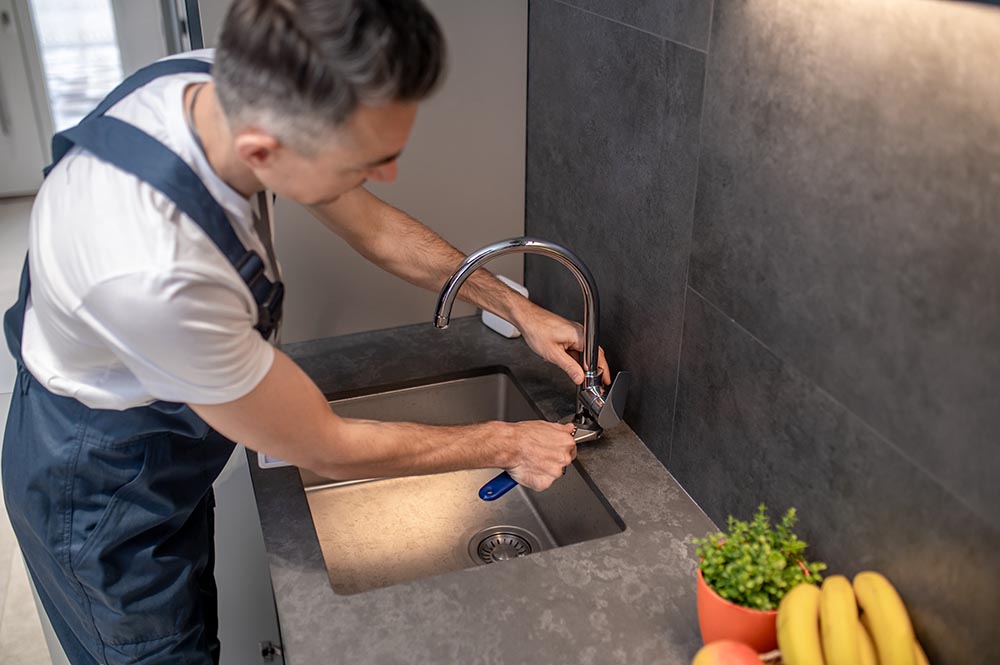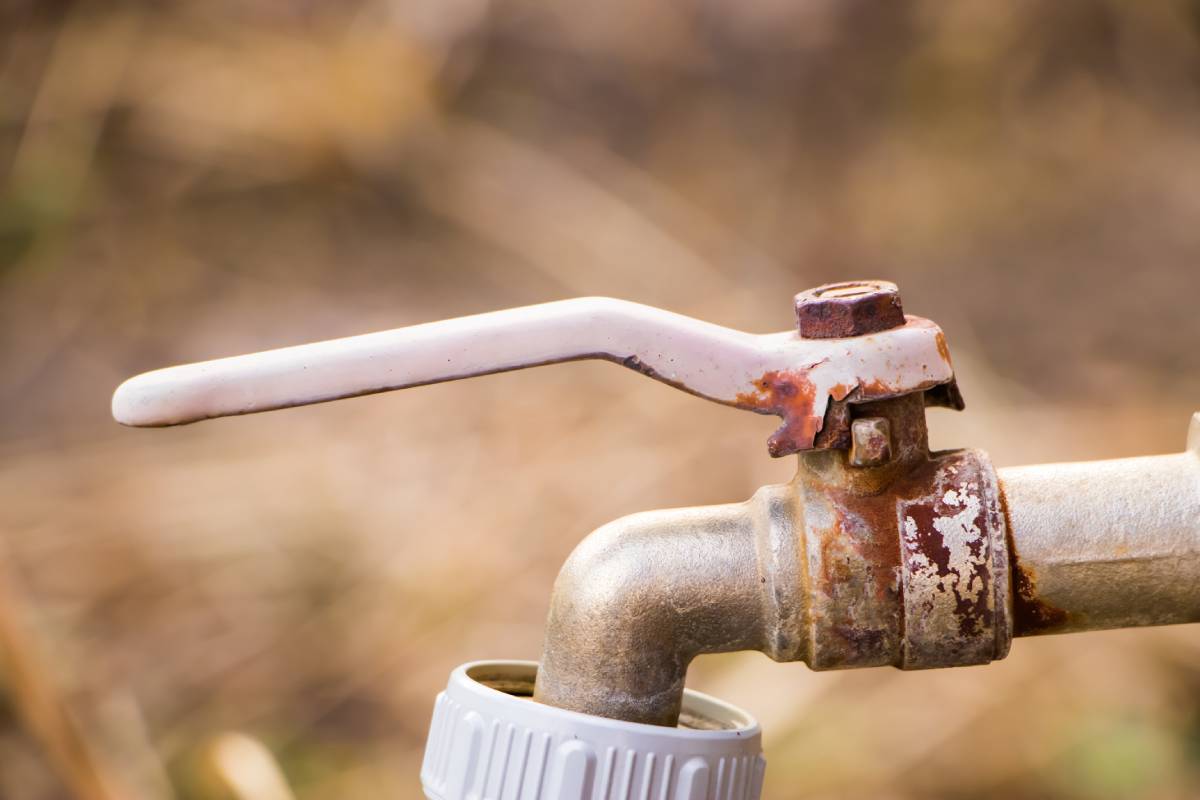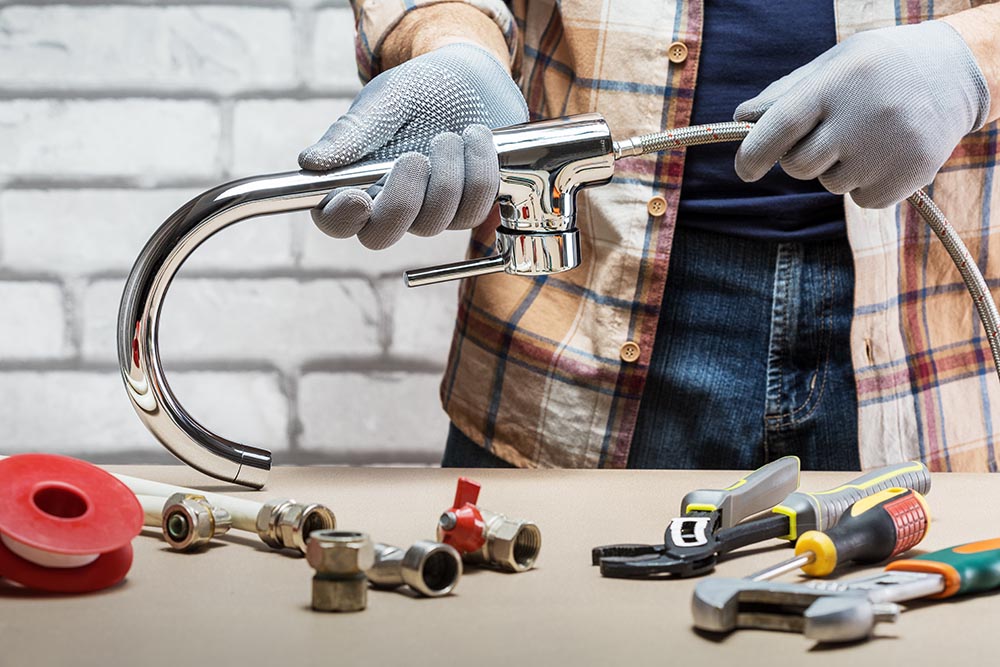
What equipment do you need as a plumber? What are the basic materials in plumbing? What is the most important tool in plumbing?
Exploring the dynamic realm of plumbing unveils an array of tools and materials essential for managing a spectrum of tasks in installation, repair, and maintenance. This comprehensive guide delves into the foundational tools and materials critical for plumbing professionals. From wrenches and fittings to pipes and sealants, this exploration navigates the fundamental elements shaping the world of plumbing and its indispensable toolkit.
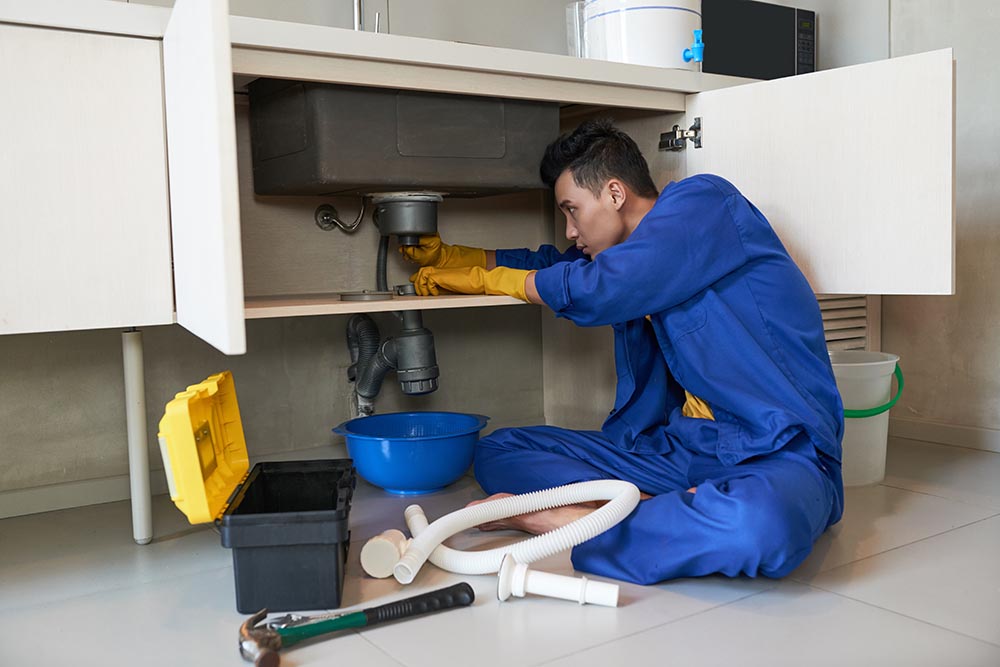
What equipment do you need as a plumber?
Plumbers use various tools and equipment to handle a range of tasks related to plumbing installations, repairs, and maintenance. Some essential equipment includes:
- Pipe Wrenches: Used for gripping and turning pipes and fittings.
- Adjustable Wrenches: For tightening and loosening nuts and bolts of different sizes.
- Pipe Cutters: Tools designed to cut through pipes cleanly and accurately.
- Plungers: Essential for clearing clogged drains and toilets.
- Pipe and Tubing Cutters: Specifically used for cutting through pipes and tubing without creating rough edges.
- Torch and Soldering Equipment: Used for soldering and joining pipes.
- Pliers: Various types like tongue-and-groove or needle-nose for gripping and turning.
- Pipe Threaders: Machinery or handheld tools used to create threads on pipes for fittings.
- Snake/Auger: For clearing stubborn blockages deep within pipes.
- Plumber’s Tape and Sealants: Used to seal pipe threads and prevent leaks.
- Plumber’s Putty: A sealant used to create watertight seals around faucets and drains.
- Pipe Inspection Cameras: Help in inspecting pipes for blockages or damage.
- Power Tools: Such as drills, saws, and grinders for various tasks.
- Safety Gear: Gloves, safety glasses, and appropriate footwear for protection.
The specific tools a plumber needs can vary based on their specialization (residential, commercial, industrial) and the tasks they undertake. Having a well-equipped toolbox ensures a plumber can handle a wide range of plumbing jobs efficiently and effectively.
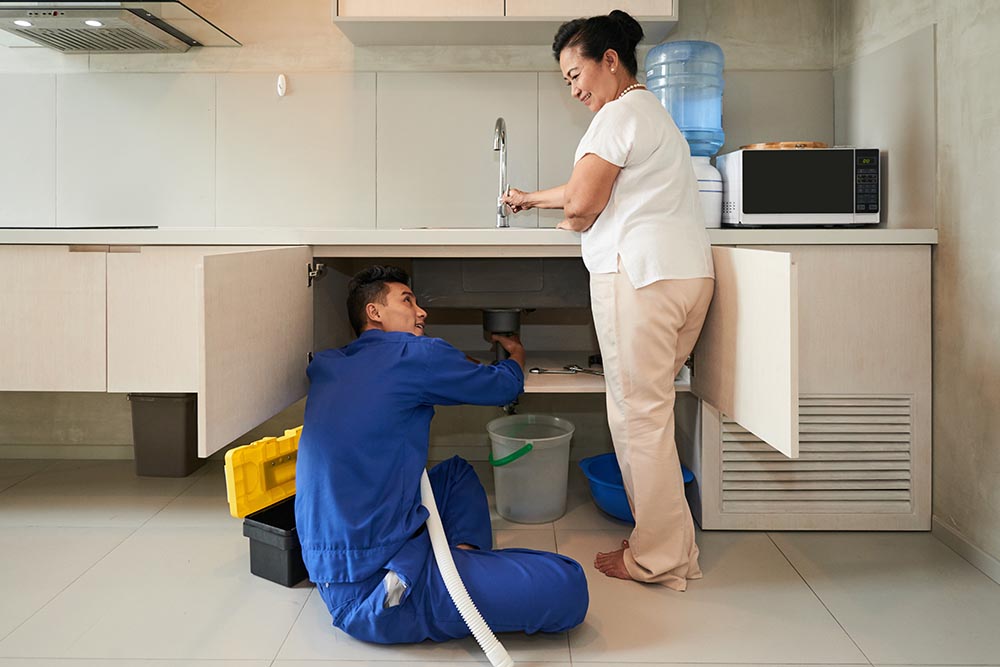
What are the basic materials in plumbing?
Basic materials used in plumbing installations and repairs include:
- Pipes: Various types such as PVC, copper, PEX, and galvanized steel are used for conveying water or gas.
- Fittings: Connectors like elbows, tees, couplings, and unions to join pipes together.
- Valves: Used to control the flow of water or gas, including ball valves, gate valves, and check valves.
- Sealants and Thread Tape: Teflon tape or joint compound to create watertight seals between threaded connections.
- Plumber’s Putty: Used to seal joints between drains and sinks or faucets.
- Pipe Hangers and Clamps: Support systems to secure pipes to walls or ceilings.
- Pipe Insulation: Protects pipes from freezing and maintains water temperature.
- Solder and Flux: Used in soldering copper pipes together.
- Plumbing Fixtures: Toilets, sinks, faucets, showers, and bathtubs for various plumbing installations.
- Washers and O-Rings: Found in faucets and valves to prevent leaks.
- Drain Cleaning Chemicals or Solutions: Used to clear minor clogs.
- Plumbing Grade Silicone Sealant: For creating watertight seals around fixtures or pipes.
- Gaskets: Used in various plumbing components to prevent leaks.
These materials are fundamental for plumbing tasks, whether it’s installing new systems, repairing leaks, or maintaining existing plumbing infrastructure. The choice of materials often depends on factors like the type of plumbing system, local building codes, and the specific requirements of the job.
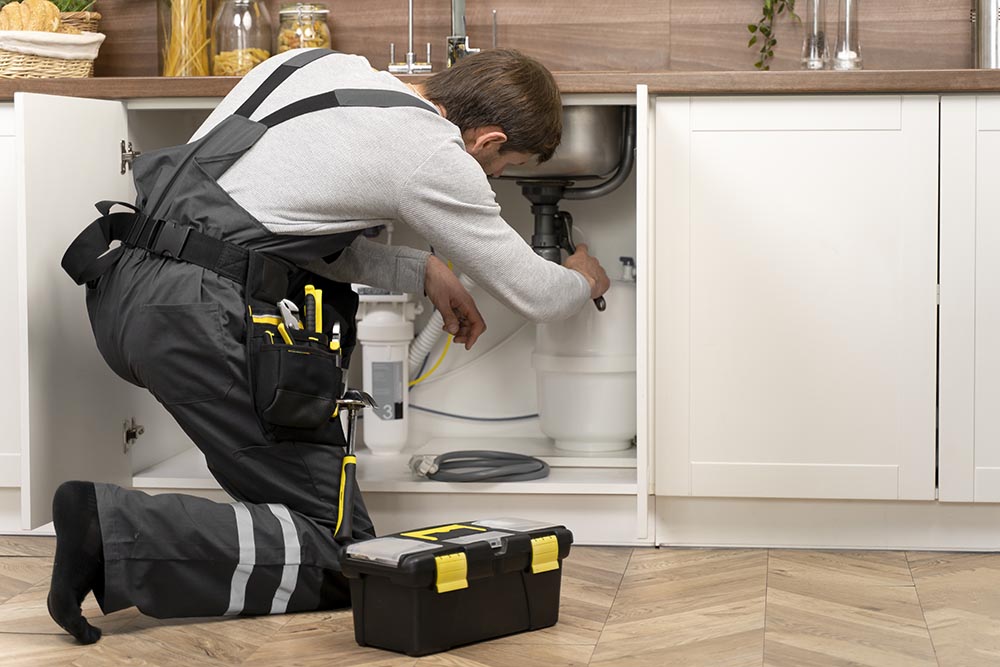
What is the most important tool in plumbing?
It’s tough to pinpoint a single most important tool in plumbing, as different tools serve critical functions for various tasks. However, one tool that’s frequently considered indispensable for plumbers is the pipe wrench.
Pipe Wrench: This tool is vital for gripping and turning pipes, fittings, and nuts with its adjustable, serrated jaws. Its ability to securely grip rounded surfaces makes it invaluable for tasks like installing or repairing pipes, fittings, and other plumbing components.
While the pipe wrench is highly versatile, the importance of other tools like pliers, pipe cutters, wrenches, and various specialized tools can’t be overlooked. Plumbers rely on a range of tools to handle different situations efficiently and effectively. The choice of the “most important” tool can often depend on the specific task at hand.
Conclusion:
As this journey through the core tools and materials in plumbing concludes, the significance of a well-equipped toolbox for plumbing professionals becomes evident. The reliance on versatile tools like pipe wrenches and fittings alongside crucial materials such as pipes and sealants defines the efficiency and expertise of plumbers. Armed with these essentials, plumbing tasks are tackled with precision, ensuring the smooth functioning of residential, commercial, and industrial plumbing systems.


